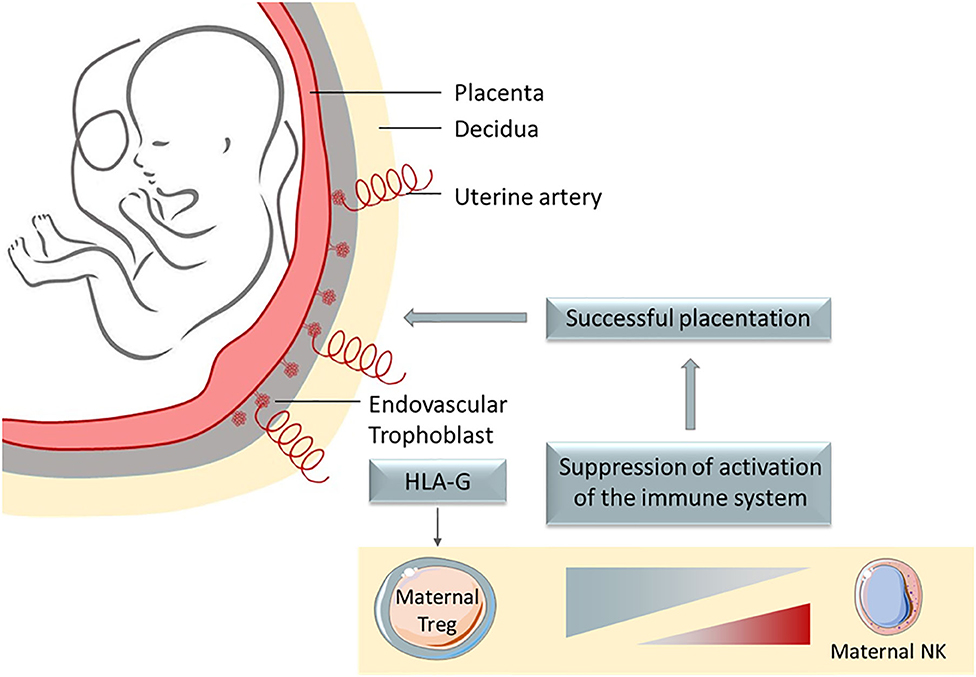HLA-G is an immune checkpoint molecule that regulates immune responses and is expressed in various tissues, including the placenta and tumors. Its role in promoting immune tolerance during pregnancy has been widely studied. However, emerging research shows that HLA-G also plays a vital role in tumor immune evasion. Therefore, targeting HLA-G emerges as a potential therapeutic strategy for preventing cancer progression.

In a study published in the International Journal of Molecular Sciences, researchers investigated the effect of HLA-G donor-recipient matching on cancer incidence following heart transplant. The study demonstrated that matching donor and recipient for a 14-base pair polymorphism in the HLA-G gene significantly reduced the risk of post-transplant cancer. This finding was consistent with previous studies that highlighted the role of HLA-G in tumor immune escape.
The study's results suggest that HLA-G donor-recipient matching could be an effective way to reduce the risk of cancer following transplantation. Notably, further research is needed to validate these findings and determine the optimal HLA-G matching strategy. Nevertheless, HLA-G polymorphism analysis could be a valuable tool to identify compatible donors and recipients, ultimately improving outcomes for transplant patients.
In light of the potential benefits of HLA-G matching, a Wholesale OEM China CLIA Kit for Interleukin 6 (IL-6) could be valuable to hospitals and research institutions. Such a kit would allow researchers to test for the HLA-G polymorphism quickly and accurately, potentially facilitating better donor-recipient matching. Moreover, a Wholesale OEM China CLIA Kit for Interleukin 6 (IL-6) is highly sensitive and offers a reliable measure of cytokine levels in experimental models, making it a valuable research tool.
In conclusion, HLA-G polymorphism analysis shows promise as a potential strategy for reducing the risk of cancer in transplant patients. While further research is needed to determine the optimal matching strategy, the potential benefits of HLA-G matching are vast. A Wholesale OEM China CLIA Kit for Interleukin 6 (IL-6) would facilitate this research and provide a valuable tool for experimental models. Overall, this groundbreaking research presents an opportunity to improve the health and outcomes of transplant patients worldwide.